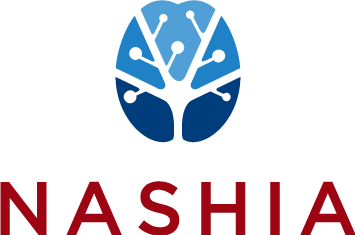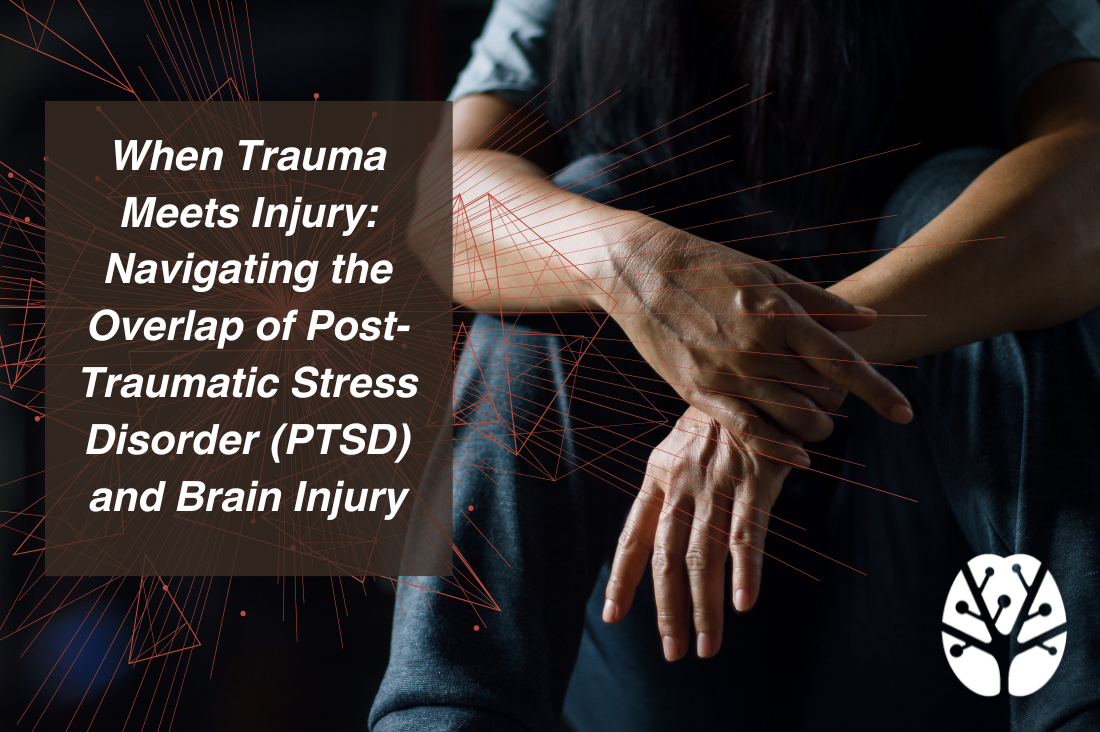According to recent studies, approximately 5% of adults in the US experience PTSD each year (VA.gov), and an estimated 6.8% will develop PTSD at some point in their lives (National Institute of Mental Health). Women are more likely to develop PTSD than men, and veterans have the highest rates of prevalence. Lifetime prevalence of TBI among adults is estimated at 18.2% (Karamian A, Lucke-Wold B, Seifi A, 2024) and individuals with TBI, particularly those resulting from trauma, are at increased risk for PTSD.
Post-Traumatic Stress Disorder (PTSD) and brain injury (BI) often share overlapping symptoms, yet they are distinct conditions that require tailored approaches to screening, diagnosis, and treatment. This webinar will present an overview of PTSD, explore how PTSD and brain injury intersect in adults, and highlight critical differences between the two. Participants will gain insight regarding identification of each condition, and learn about evidence-based approaches for support. Designed for brain injury program staff and other community providers, this session will help participants strengthen understanding, improve treatment strategies, and promote integrated, person-centered care.
Presenters
Dr. Carrie Esopenko is an Associate Professor and Co-Director of the Traumatic Brain Injury and Concussion Center in the Department of Neurology at the University of Utah. She is also a Part-Time Associate Professor in the Department of Rehabilitation and Human Performance at the Icahn School of Medicine at Mount Sinai.
She holds an adjunct faculty appointment at the Department of Family Medicine and Community Health at Rutgers – Robert Wood Johnson Medical School. Her research focuses on understanding the effects of neurotrauma and mental health conditions across populations, identifying methods for improving brain injury prevention, and developing patient-specific and community-based intervention strategies for trauma-exposed populations. She is specifically interested in addressing the chronic and long-term effects of brain injury and repetitive head impacts on cognitive, neural, and psychological health in individuals with exposure to intimate partner violence (IPV), military sexual trauma (MST), and blast-related injury. She leads the ENIGMA Intimate Partner Violence Working Group, and co-leads ENIGMA Global Knowledge Exchange Network. Dr. Esopenko’s work has been supported by the National Institute of Neurological Disorders and Stroke and the Department of Defense. In 2024 she was awarded the National Neurotrauma Society’s Rosalind Franklin award, recognizing her impactful scientific contributions to neurotrauma research and work improving advocacy and education for intimate partner violence-related brain injury.
Dr. David F. Tate is an Adjunct Associate Professor in the Department of Neurology at the University of Utah School of Medicine, and Chief Scientific Officer of the Adaptive BioEnergetic Therapies Research Foundation. He is also the Founder of Valhalla Cell Health, a wellness center focused on innovative, light- and metabolism-based approaches to enhance brain and body resilience.
He has held prior faculty appointments at Harvard Medical School, the University of Missouri–St. Louis, and Brigham Young University, and served as a Research Health Scientist at the George E. Whalen VA Medical Center. Dr. Tate’s research centers on advancing the diagnosis, prognosis, and treatment of traumatic brain injury (TBI) and post-traumatic stress disorder (PTSD). His work integrates advanced neuroimaging, neuropsychology, and clinical trials to identify biomarkers of injury and recovery, and to evaluate interventions that support long-term outcomes. He has led and contributed to multiple NIH- and DoD-funded studies, including leadership roles in the Chronic Effects of Neurotrauma Consortium (CENC) and the ENIGMA Brain Injury Working Group, where he has supported the establishment of harmonized neuroimaging approaches across large international cohorts. In addition to his academic and research roles, Dr. Tate has maintained a strong commitment to clinical service, rehabilitation innovation, and mentorship. He has worked extensively with military service members, veterans, and civilians affected by TBI and PTSD, and his current work at Valhalla Cell Health extends these efforts into complementary therapies that leverage several alternative therapies and metabolic health to promote recovery and wellness. Dr. Tate’s contributions have been recognized through awards such as the University of Missouri Senior Investigator of the Year, and his work has been consistently supported by the National Institutes of Health and the Department of Defense.
Cost/Certificate
Social Work CEs available:
$10 NASHIA Members
$15 Non-members
General Certificate available:
Free for NASHIA Members
$15 Non-members



